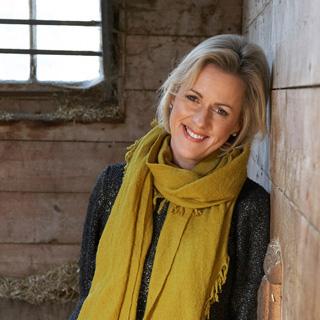Finally reviewed in The TImes; but why aren't books like music?
It only took me six years and five books, but here I am, finally reviewed in the books pages of the Times. And that’s a big, heartfelt finally. To save you going there, it’s a largely positive write-up, describing Silver Bay as “surprising and genuinely moving”. This has had the unexpected side effect of temporarily forcing me to give up one of my persistent weekend gripes: Why don’t the so-called qualities generally review commercial fiction? (unless, that is, the author is married/related to someone famous). Look on those pages, week after week, and you will find the same names, authors and critics, reviewing each other. But commercial fiction doesn’t have to mean poor quality, and I don’t believe mine, or that of many of my fellow writers, is. To equate it with the music pages, does Kylie’s latest not deserve to get reviewed, but the latest version of Dvorak’s Symphony No 9 does? The music pages manage to embrace everything, yet the literary pages do not.
Bill Scott-Kerr, publisher at Transworld (and eighth most powerful person in British publishing), once offered me these words of consolation: “Look at any of the books featured on those pages,” he said, “and be comforted by the fact that 90 per cent of them will sell no more than 1500 copies.”
I understand what he was trying to do, but in fact that makes me feel worse. Why aren’t the readers of those of us who sell 75,000, 100,000 copies and above entitled to the same critical analysis? Sophie Kinsella, author of the Shopaholic series, is responsible for a staggering 2 per cent of the women’s fiction market, and beloved by millions of readers (she’s 29th on the Observer power list), and yet how often do you see her name on the qualities’ books pages?
Thank goodness for the glossies, who aren’t so restrictive; the Marie Claires, Eves, Vogues, Good Housekeepings and even Heat. They manage to feature a wide spread of titles, from deeply literary to froth, romance and thriller, under the working assumption that their readers might enjoy each or any, depending on their mood. So – lit eds of the Guardian, Telegraph and Independent (Times, you are happily excluded today), why not consider newspapers’ much-reported terminal decline, your recorded desire to encourage growth in your female readership, and assume that your readers might benefit from the same?
